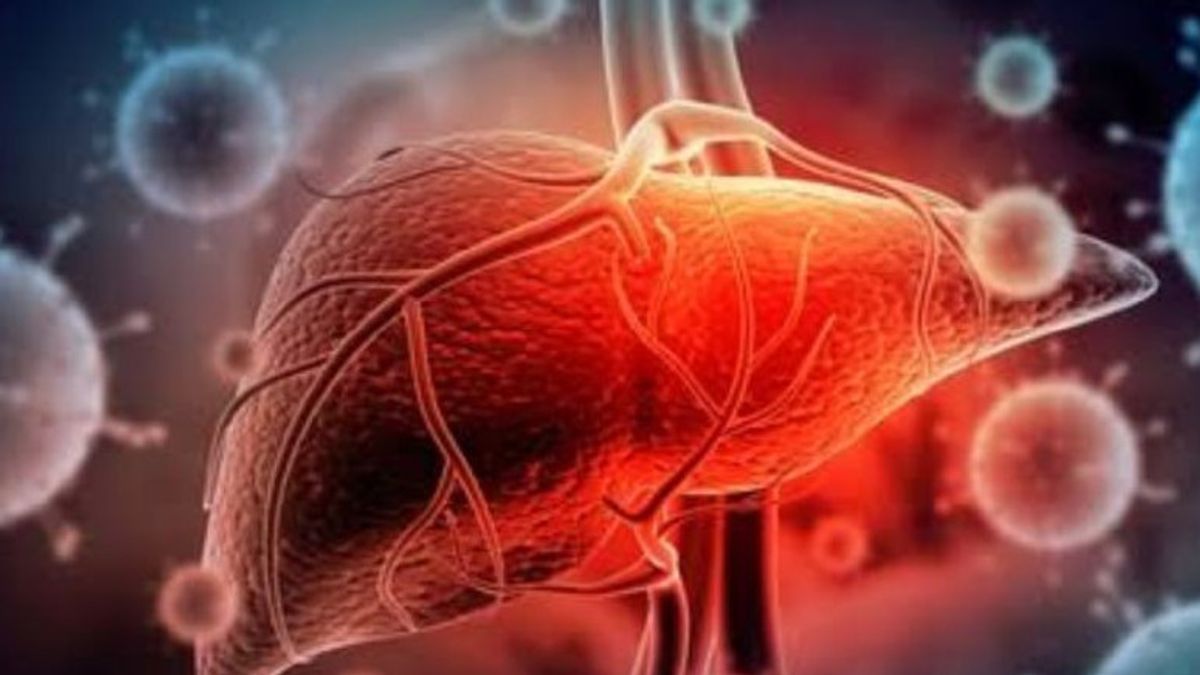JAKARTA - Spokesperson for the Ministry of Health (Kemenekes) Dr. Siti Nadia Tarmizi said that acute hepatitis had no chance of becoming a pandemic. Because the spread of cases globally is moving slowly.
"There is no chance of a pandemic if you look at the development of the number of cases and so far only six countries have reported acute hepatitis with a number of cases of more than six patients," he said when confirmed in Jakarta, reported by Antara, Wednesday, May 11.
He said that all cases were "probable" mysterious acute hepatitis.
"While the total global cases of probable acute hepatitis are 348 with 70 additional cases still under investigation," said Siti Nadia Tarmizi.
Confirmed separately, the former Director of Infectious Diseases of WHO Southeast Asia, Prof. Tjandra Yoga Aditama, said that the possibility of acute hepatitis becoming a pandemic needs to go through a preliminary WHO study.
"About the possibility of any disease becoming a pandemic, it will first go through a process to be determined as a Public Health Emergency of International Concern (PHEIC)," he said.
He said PHEIC will measure a number of barometers of the status of the pandemic, including the spread of diseases across continents, causing significant health problems and new types of diseases.
"After that, we will look at the progress again, if it continues to spread, it will be called a pandemic," he said. If you look at the experience of COVID-19, he said, it was first reported by WHO on January 5, 2020, it was declared PHEIC on January 31, 2020 and a pandemic on March 11, 2020. .
Regarding the 15 suspected cases of acute hepatitis in Indonesia, he said it was necessary to explain whether the cases were classified as "probable", "epi-linked" or "pending" which required further investigation.
"At least it would be good if it was mentioned how the results of the hepatitis A to E virus examinations in the 15 cases were," he said.
He also pushed for laboratory test results regarding the possibility of other viruses, such as SARS-CoV-2, Adenovirus, Epstein Barr and others, or possibly toxins and the presence or absence of autoimmune.
"If there are already 15 cases, then of course an in-depth Epidemiological Investigation (PE) has been carried out so that transmission patterns can be identified, both between cases and also with the environment and others," said Tjandra Yoga Aditama.
The English, Chinese, Japanese, Arabic, and French versions are automatically generated by the AI. So there may still be inaccuracies in translating, please always see Indonesian as our main language. (system supported by DigitalSiber.id)













